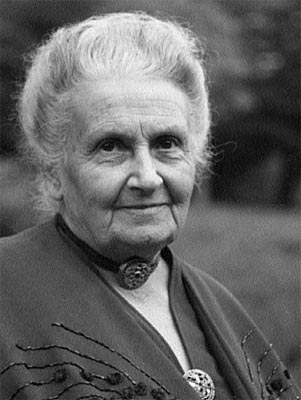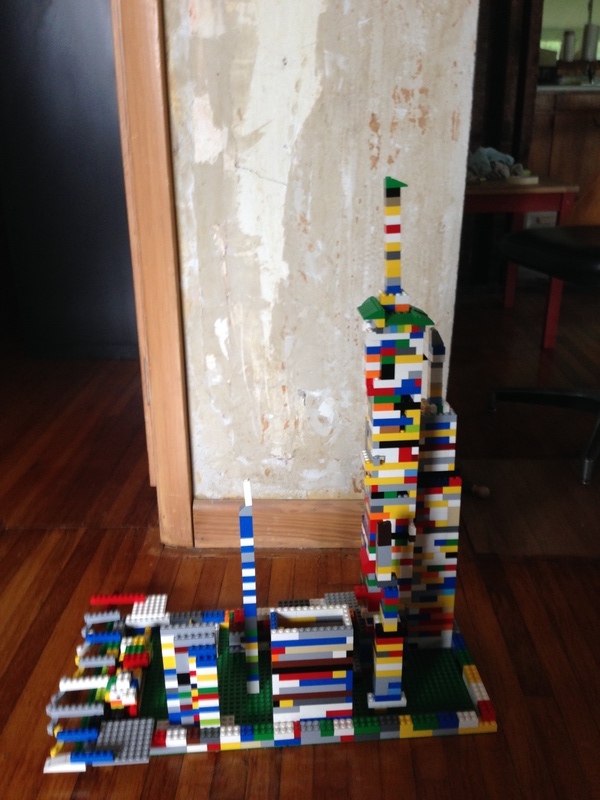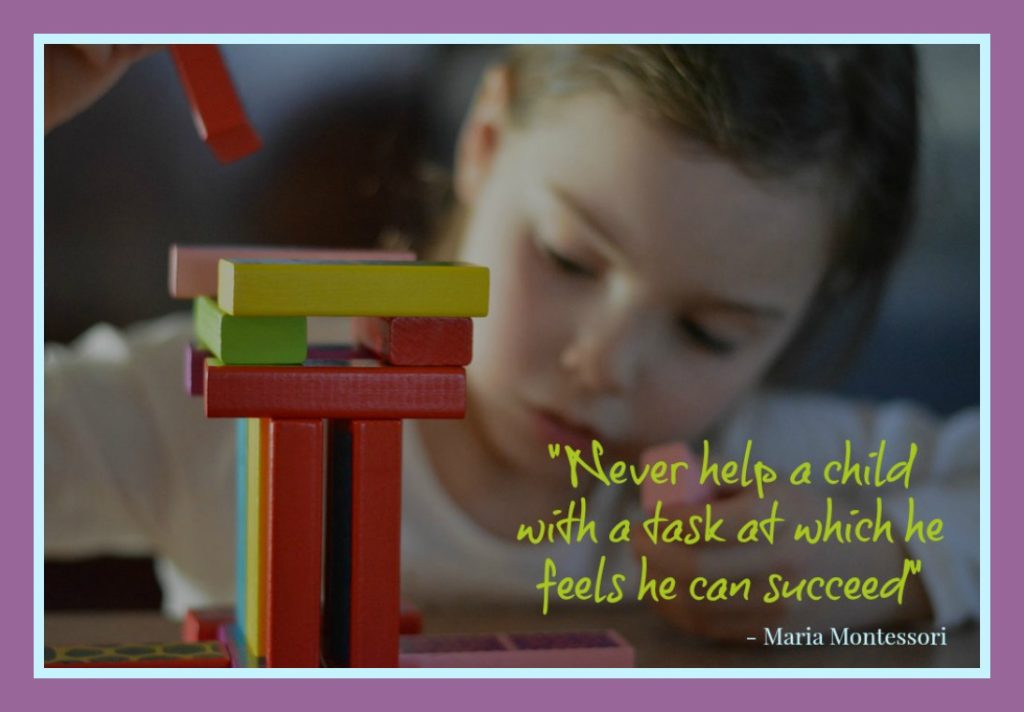Have you ever helped a young child with any of the following tasks?
- Walking
- Getting dressed
- Tying their shoelaces
- Making a sandwich
- Making their bed
- Feeding themselves
- Potty training
- Completing a puzzle
What was the learning process like? How much or how little assistance was necessary?
I mean really necessary?? Have ever caught yourself, overtaking the task for someone else because it is taking to long, or looks to uncomfortable?
Do you know that feeling of anxiety?
Or are you able to just stop. Take a step back. Observe. And breathe?
As a parent, you want to help your child. Bravo, that’s the right instinct to have! You want to instill in them the right way to live, how to avoid danger, how to eat healthily, and how to treat others.
But in our efforts to help our children, we often go too far.
Part of the reason we help children too much is our own ego. After all, how often are we put into a situation where we don't know the solution? Whether it's, what's going to be on the table for dinner, why butter is yellow, or how to express your feelings about something. So when a child asks you, "how does the cricket make that sound?" it can be easy to just throw an answer out, but because the answer came so easily, there was no thrill of discovery for the child.
How can you offer others in your life (not just young children) only the support they truly require to accomplish their goals, in order to maximize their own experiential learning opportunities?
Another great message Maria Montessori received from the countless children whom she had seen in the Roman slums (1965) was:

"Help me do it myself"
We should make it our goal, to make the child independent and able to do things for himself. Give your child opportunities.
Opportunities to move, to dress themselves, to choose what they want to do, and to help the adults with tasks.
In allowing this, allowing the children to be able to do things for themselves, you increase their self belief, self confidence and esteem that they will carry on throughout their life.
"The greatest sign of success for a teacher is to be able to say, ' The children are now working as if I did not exist.' "
- Montessori
This pretty much sums up a good deal of Montessori's work and theories. She found that the best way to learn was to take part in what most interests you at the moment - to enjoy the thrill of discovery.
While an adult might appear to have more knowledge on any given subject, the child who discovers the information on their own terms is more likely to "own" the information.
My son was once given a fully-constructed lego house. He played with it for a while, opening and closing the doors - looking at the stairs and the removable roof - moving the people from A to B. Then it was put on his shelf. A couple days later, his little brother came by and accidentally dropped the lego set. It fell apart. My oldest was pretty upset. Try as he might, he was not able to repair the house. He came to the conclusion, it was garbage and we needed to get him another one.
As I entered the room, I suggested we take it completely apart and put all the individual pieces into a basket. He was not excited - at all.
The next day I sat down with the basket and without any words or prompting - started building a car. It didn't take more than a minute until all four of my kiddos were sitting on the floor with me, watching with anticipation. By the time I was finished building my car, everyone was wrist deep in the basket, pulling out pieces and chattering away about all the exciting things they were about to make.
I slowly left the stage. I watched, with a warmed heart. They spent three hours before lunch and another two hours after lunch, building non stop. Not only did they create the most interesting conjunctions, but they actually played with them - for DAYS.

What I'm trying to say is, if a child believes that they can do something by themselves, let them. Don’t get in their way. They can set the table by themselves, and even though you could do it better, that's not the point. The point is that they will be able to present a set table for the family or group. That they can pridefully enjoy their accomplishment.
Should you help at all? Well if setting the table requires bringing a big, heavy, hot pot of soup to the table, sure you can help. And they can help you help, by placing a heat pad on the table for you. And next time, you can pour the soup into the individual bowls, and the child can carefully carry them to the table, or even practice with cups of water, or a roll on a plate. Learning to balance and be attentive.
After all, cleaning up some water/soup from the floor is worth it for a confident child. 😉

